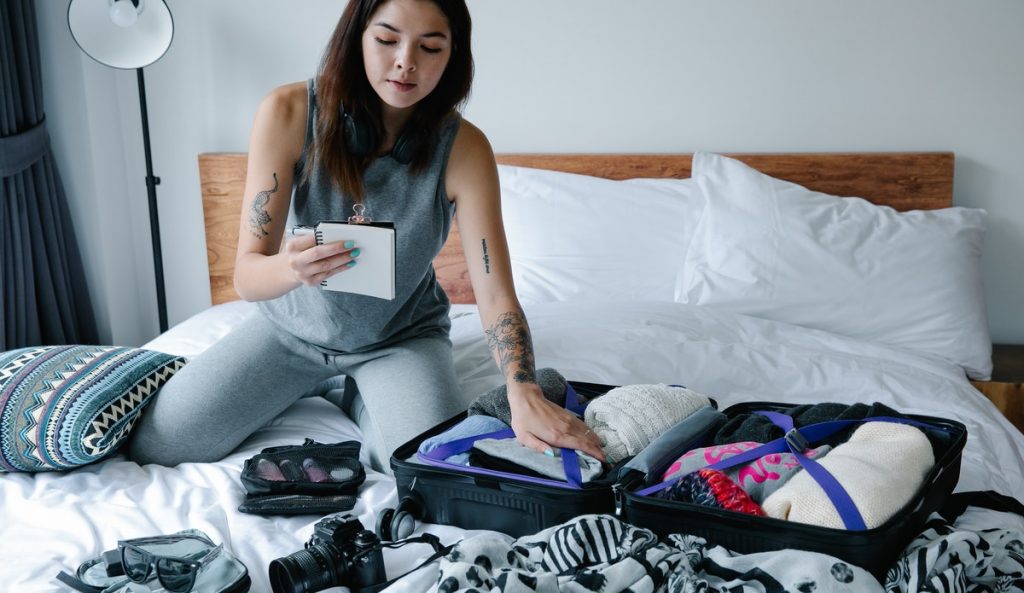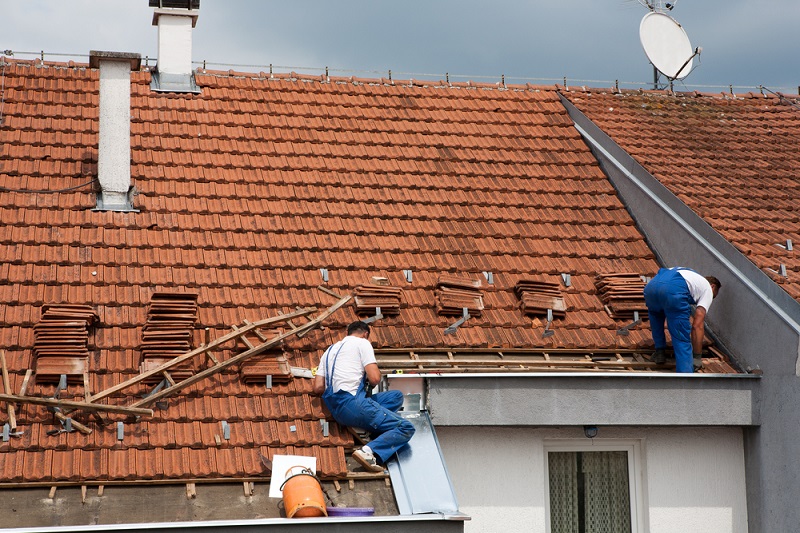Moving homes can be exciting and challenging at the same time, especially if you’re going to a new city or even country. If it’s your first time moving, there’s probably a list of tasks you’ve never had to deal with before. With such a big step on your mind, it can be easy to forget the little things.
That includes decluttering your things to give yourself a fresh start in your new space. You’ll also need to hire a moving company since moving long-distance by yourself can be pretty tricky, and for that, you will have to pay attention to the different costs of moving. For example, if you’re hiring a moving company in West Palm Beach, Florida, the cost can be anywhere from $1,691 to $4,772.
To make your transition smoother, we’ve created a simple checklist full of things you need to get done before your big move.
Table of Contents
1. Organize and Declutter
If you’ve been living in your current home for many years, you most likely have tons of things that you don’t need or use anymore. Once you’ve collected all your belongings, it’s time to decide what to keep and what to toss. In terms of old clothing, accessories, and still-functional appliances you don’t use anymore, you can simply donate them. If some of your things are still brand new but useless to you, you can even sell them.
2. Hire a Reputable Moving Company
The most crucial step is to hire a reputable moving company. A common misconception is that you need to hire movers from the area you’re moving to, but it’s actually the other way around. For example, if your current home is in West Palm Beach and you’re moving long-distance, you should search for “affordable long distance movers in West Palm Beach” or “reliable long-distance movers in West Palm Beach.” Of course, don’t stick with one moving company early on; get multiple quotes and review your options.
3. Set a Budget
If you want to avoid unexpected expenses once you’ve moved into your new home, it’s crucial to set a budget. Moving expenses can add up quickly, including various aspects of the relocation journey. When you have a comprehensive budget, you can better understand your financial obligations and make informed decisions. The budget should include the cost of hiring a reputable moving company, purchasing packing supplies, and covering travel costs to the new destination. You should also consider additional costs like temporary accommodation, meals, and utility connection fees at the new residence.
4. Gather Packing Supplies

Now, it’s time to start packing your belongings. For that, you’ll need to invest in a ton of packing supplies, such as tape, Sharpies, cardboard boxes, packing peanuts, newspaper, bubble wrap, labels, and more. Each supply has its own purpose and is just as crucial as the other. Packing tape will help you seal the boxes, while bubble wrap cushions fragile items like electronics and glassware. Packing paper can fill empty spaces in boxes, labels make unpacking easier, and so on. You can find all items in your nearest general store.
5. Notify Important Parties
Notifying important parties about your change of address is a critical task to avoid disruptions in mail delivery and maintain essential services during and after the move. First and foremost, notify your post office about the move to submit a change-of-address request. Then, notify your banks and credit card companies to ensure your bills and statements reach your new home. You should also check in with your insurance providers to update your policies accordingly.
6. Transfer Utilities
You can’t forget to transfer your utilities to your new home. This will ensure uninterrupted access to electricity, water, gas, internet, and cable services from the second you arrive, making your first day much easier. Contact your utility providers well in advance of your moving date to arrange for the transfer of services. And we mean both locations, not just your previous home. But if your new area has different utility providers, take some time to research and set up new accounts.
7. Change the Address for Subscriptions
If you’ve subscribed to certain newsletters or other daily, weekly, or monthly services, you must remember to change your address for them. This will ensure your magazine subscriptions, online shopping orders, and other regular deliveries arrive at your new home. Once your moving date is confirmed, notify magazine publishers, online retailers, and other relevant service providers of your address change. In most cases, you can do so online.
8. Update Your Licenses
Another item to check off the list is updating your driver’s license and registration. You never know when you’ll get pulled over, and you don’t want to be seen with outdated papers. Depending on the area, you can get in legal trouble or be fined heavily. Plus, many states often ask for a valid driver’s license as proof of residency. These documents may be necessary for opening a bank account or obtaining local services.
9. Gather Important Documents
You never know when you’ll need your important legal documents. When packing your belongings, collect all necessary documents in a manila folder and keep them in your carry-on bag. You may need your passports, driver’s licenses, birth certificates, and social security cards for identification. Other than that, your medical records, prescriptions, and vaccination certificates can come in handy to access healthcare when traveling long-distance.
10. Plan for the First Day
Most importantly, you need to plan for your first day in the new home. You don’t want to spend the first day without electricity, so make sure to transfer your utilities beforehand. Other than that, keep your boxes of cutlery and dinnerware in the forefront, so you can easily access them for your first meal. Other things you should be able to access without unpacking everything include toiletries, a change of clothes, appliances, basic kitchen supplies, chargers, and pet essentials.
Conclusion
Moving long distances is no easy feat, which is why you don’t need to do it alone. By hiring long-distance movers, you can take a big load off your back and make the transition into your new home much smoother. But that’s only the first thing on the list of things to get done before moving. The list goes on, making it easy to forget crucial steps in your moving process. By keeping our checklist in hand, you can ensure a stress-free move.

Alex is fascinated with “understanding” people. It’s actually what drives everything he does. He believes in a thoughtful exploration of how you shape your thoughts, experience of the world.



